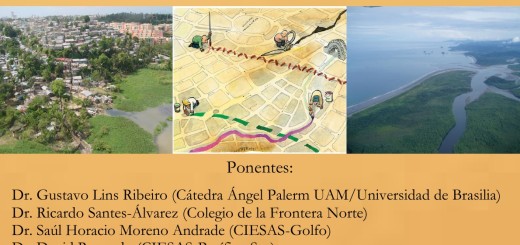Governance and environment: Lessons from the U.S.-Mexico Border
By:
Ricardo V. Santes-Álvarez
ABSTRACT
This paper presents an approach to the relationship between public and social actors in the U.S.-Mexico Border within the framework of environmental governance. It exposes an analysis of co-responsibility, an essential in decision and policymaking as well as in action undertaking, and puts into questioning the viability of better power exercising. It upholds that equilibrium among actors before environmental issues is a feasible way to improve governance styles.
The work rests on qualitative and quantitative assessments of closed-cycle case studies, which represent two main issues in the Border region—deterioration of air quality and hazardous waste management. The conclusion is that governing the Border is yet unsatisfactory, thus there is the need of advancing towards a strategy of institutional reform in order to make progress in three mains aspects—government transparency, access and use of information, and successful dialogue among actors. It is also acknowledged the importance of better approaches to transborder co-operation and domestic inter-government collaboration. The experience here disclosed is useful to make progress in themes of the bilateral relationship that are more sensitive; also, to re-formulate national public policy criteria. It is important as well to mention that closed-cycle case studies allow the gaining of knowledge about step forwards or step backs before current experiences of environmental governance.
Read complete document (Spanish)
Download book (Spanish)







